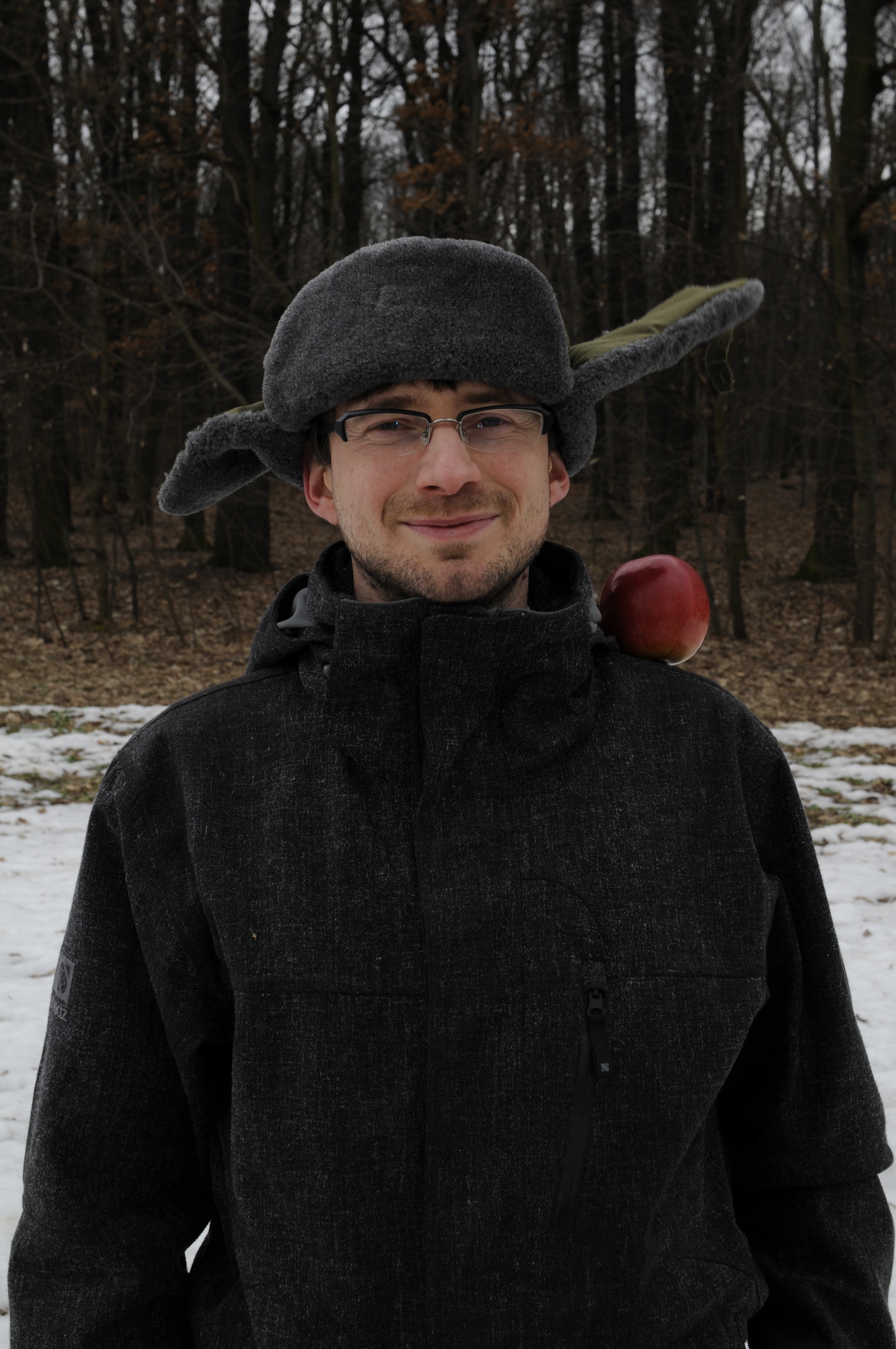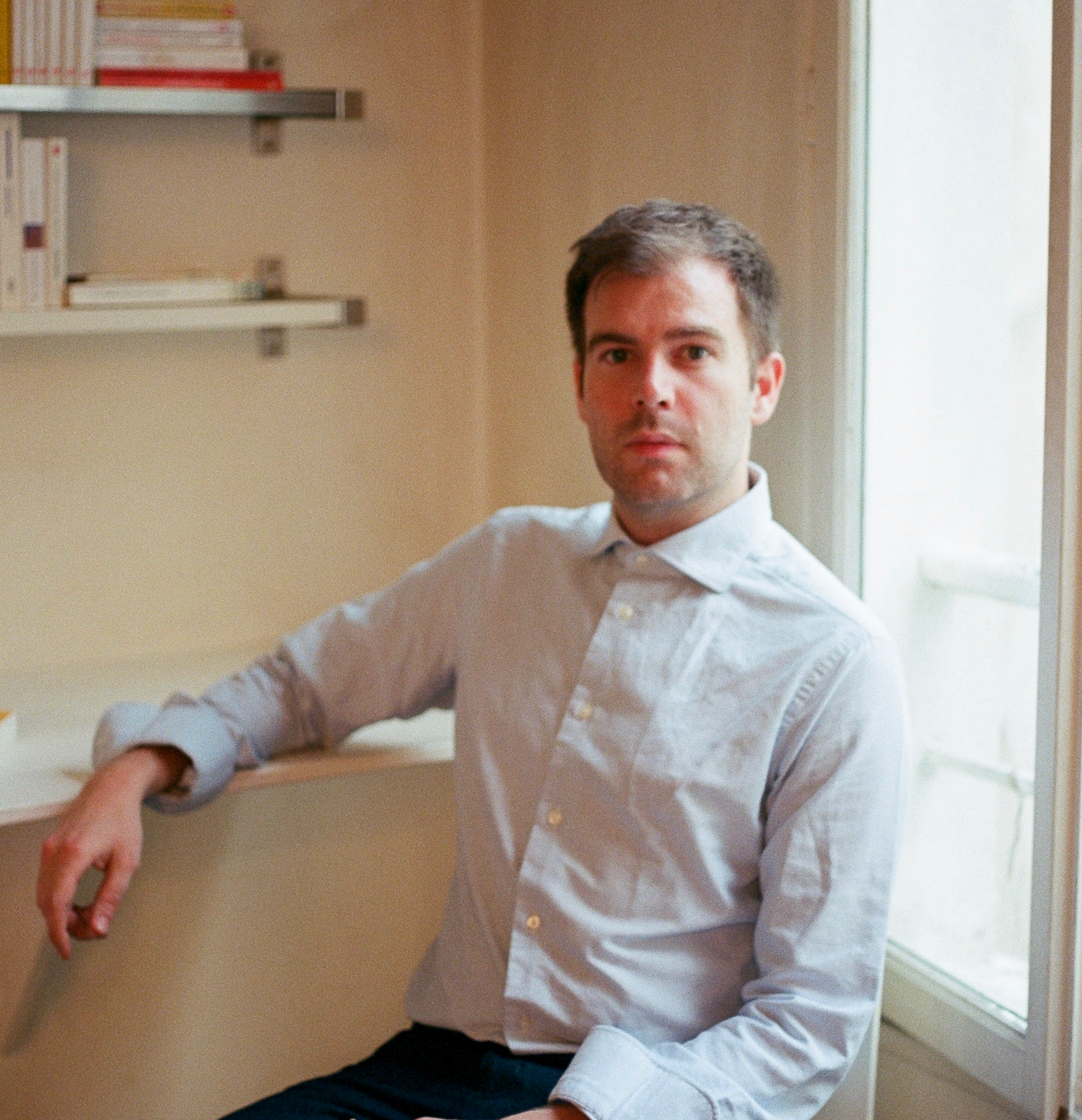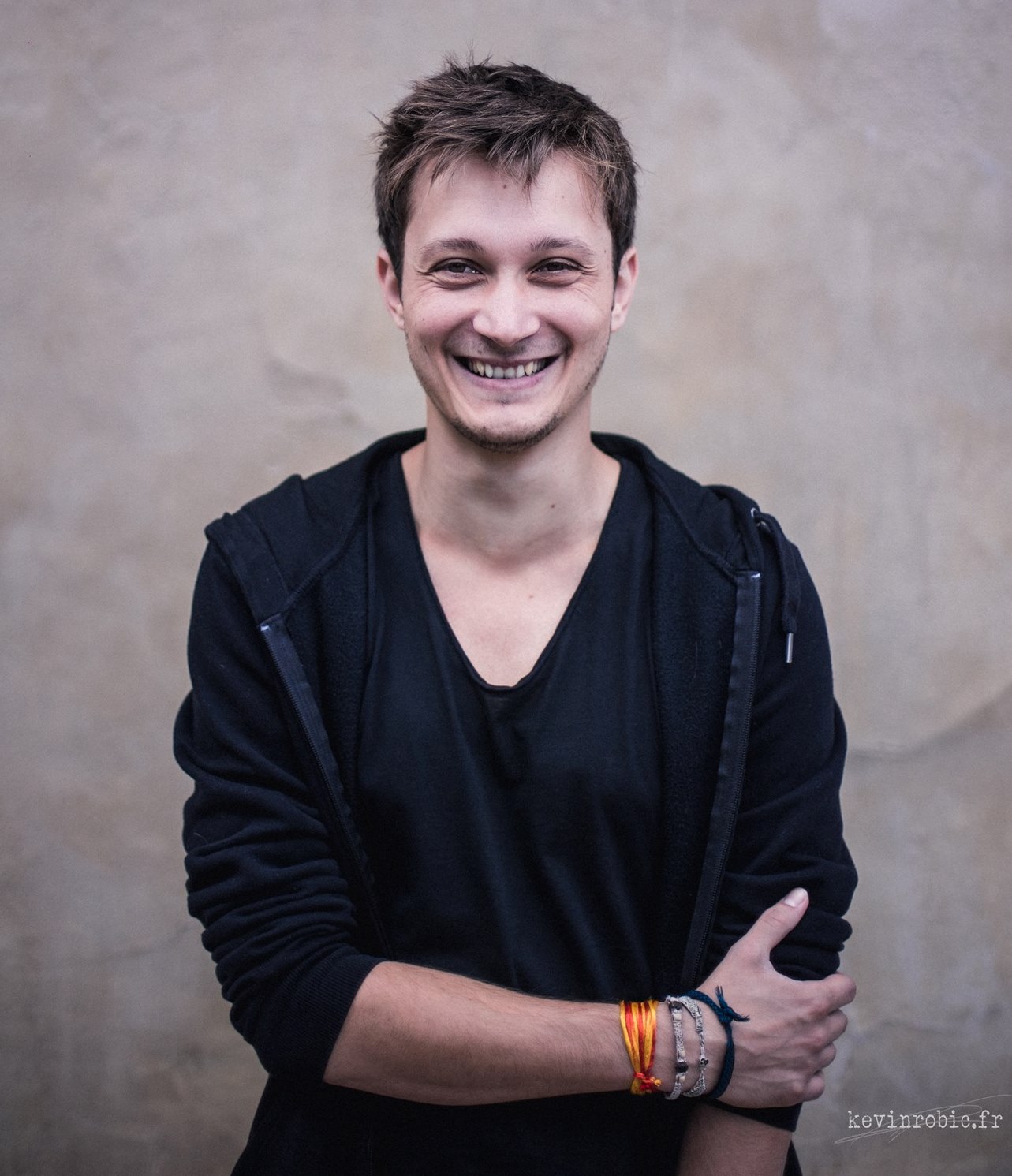Bewildering Boar: Changing Cosmopolitics of Hunt in Europe and Beyond
Research project: Bewildering boars
Contact: broz@eu.cas.cz
Luděk Brož is a researcher at the Institute of Ethnology, Czech Academy of Sciences. From February 2018, he is a partner in CEFRES Platform’s TANDEM program with a project entitled “Bewildering Boar: Changing Cosmopolitics of Hunt in Europe and Beyond”. After his undergraduate studies in ethnology at the Charles University in Prague, he obtained MPhil and PhD degrees in social anthropology at the University of Cambridge and held a postdoctoral position at the Max Planck Institute for Social Anthropology in Halle.
is a researcher at the Institute of Ethnology, Czech Academy of Sciences. From February 2018, he is a partner in CEFRES Platform’s TANDEM program with a project entitled “Bewildering Boar: Changing Cosmopolitics of Hunt in Europe and Beyond”. After his undergraduate studies in ethnology at the Charles University in Prague, he obtained MPhil and PhD degrees in social anthropology at the University of Cambridge and held a postdoctoral position at the Max Planck Institute for Social Anthropology in Halle.
In geographical terms, Luděk’s area of expertise and long-term interest has been Siberia, namely the Republic of Altai, where he has conducted extensive ethnographic fieldwork. He is fascinated by the predicament of living in – and off – land that is animated by numerous non-human agencies, but is simultaneously home to world-famous archaeological heritage and a fallout zone for second stages of Baikonur rockets. Drawing on science and technology studies, Ludek has traced how the contested negative externalities of both archaeological work and the space industry feature in local explanatory economy and identity politics.
Luděk has dedicated a great deal of ethnographic attention to what he, following Eduardo Viveiros de Castro’s work, has coined “pastoral perspectivism” – that is, the realisation that in the Altaian context, the difference between hunting and herding is a matter of perspective, as wild animals are seen by native herders and hunters as the cattle of local spirit masters. In further exploring the delicate issues of hunting ethics, Luděk has focused on Altaian concepts of personhood and aetiology of death, which helped him in understanding why locals consider archaeological excavations to be a threat and brought him to an examination of the thorny issue of suicide in Altai. Realising and seeking to fill the knowledge gap in current scholarship, Luděk has been active in the ongoing establishment of anthropology of suicide as an integral part of the emerging field of critical suicidology.
CV
Education
2008 PhD in Social Anthropology, University of Cambridge, UK
2003 MPhil in Social Anthropology, University of Cambridge, UK
2002 MA in Ethnology, Charles University in Prague, Czech Republic
Selected publications
Peer-reviewed journal articles
- Forthcoming ‘Ghost and the Other: Dangerous Commensalities and Twisted Becomings.’ Terrain. Anthropologie & sciences humaines 69
- 2015 ‘Siberian Automobility Boom: From the Joy of Destination to the Joy of Driving There.’ Mobilities 10(4): 552-570. with Joachim Otto Habeck
- 2015 ‘Introduction: Experience and Emotion in Northern Mobilities.’ Mobilities 10(4): 511-517. with Joachim Otto Habeck
- 2015 ‘Přísliby a úskalí symetrie: sociální vědy v zemi za zrcadlem.’ Cargo – journal of socio-cultural anthropology 1,2: 5-33. with Tereza Stöckelová. (The Promises and Difficulties of Symmetry: Through the Looking-Glass and What the Social Sciences Found There.)
- 2012 ‘When Good Luck is Bad Fortune: Between too Little and too Much Hunting Success in Siberia.’ Social Analysis – The International Journal of Social and Cultural Practice 56 (1-2): 73-89. with Rane Willerslev
- 2009 ‘Substance, Conduct and History: “Altaian-ness” in the 21 Century’. Sibirica: Journal of Siberian Studies 8 (2): 43-70.
- 2007 ‘Pastoral Perspectivism: A View from Altai’. Inner Asia (special issue – Perspectivism) 9 (2): 291-310.
Edited volumes
- 2015 Suicide and Agency: Anthropological perspectives on self-destruction, personhood and power. Farnham: Ashgate. Edited with Daniel Münster.
Peer-reviewed chapters in edited volumes
- 2015 The anthropology of suicide: Ethnography and the tension of agency. In Suicide and Agency: Anthropological perspectives on self-destruction, personhood and power. Eds L. Broz & D. Münster. Farnham: Ashgate, pp. 3-23, with Daniel Münster.
- 2015 Four Funerals and a Wedding: Suicide, Sacrifice and (non-)Human Agency in a Siberian Village. In Suicide and Agency: Anthropological perspectives on self-destruction, personhood and power. Eds L. Broz & D. Münster. Farnham: Ashgate, pp. 85-102.
- 2015 Vom Himmel gefallen: Auf dem Weg zu einer symmetrischen Anthropologie der Raumfahrtindustrie. In Lost in Things: Fragen an die Welt des Materiellen, ihre Funktionen und Bedeutungen. Eds P. W. Stockhammer & H. P. Hahn. Münster: Waxmann, pp. 81-103.
- 2010 ‘Spirits, Genes and Walt Disney’s Deer: creativity in identity and archaeology disputes (Altai, Siberia)’. In The Archaeological Encounter: Anthropological Perspectives. Eds P. Fortis & I. Praet. St Andrews: CAS, pp. 263-297.
- 2009 ‘Conversion to Religion? Negotiating Continuity and Discontinuity in Contemporary Altai’. In Conversion After Socialism: Disruptions, Modernities and the Technologies of Faith. Ed. M. Pelkmans. Oxford: Berghahn Books, pp. 17-37.
Reviews, reports, academic debates and interviews
- 2015 ‘Symetrie je často stranická: rozhovor se Zdeňkem Konopáskem’ Cargo – journal of socio-cultural anthropology 1,2: 117-132. with Tereza Stöckelová. (Symmetry is Often Partial: An Interview with Zdenek Konopasek.)
- 2015 ‘Druhý pohled na myslící lesy Eduardo Kohna’ Cargo – journal of socio-cultural anthropology 1,2: 158-161. (A Second Look at Eduardo Kohn’s thinking forests.)
- 2015 ‘I, Too, Have a Dream … About Suicidology.’ Social Epistemology Review and Reply Collective 4 (7): 27-31.
- 2014 ‘Morten A. Pedersen: Not Quite Shamans: Spirit Worlds and Political Lives in Northern Mongolia.’ Sociologický časopis / Czech Sociological Review 50 (2): 317-319.
- 2010 ‘Antropologie Příbuzenství. Příbuzenství, manželství a rodina v kulturně antropologické perspektivě. Jaroslav Skupnik.’ Cargo – journal of socio-cultural anthropology 1,2: 195-8.




